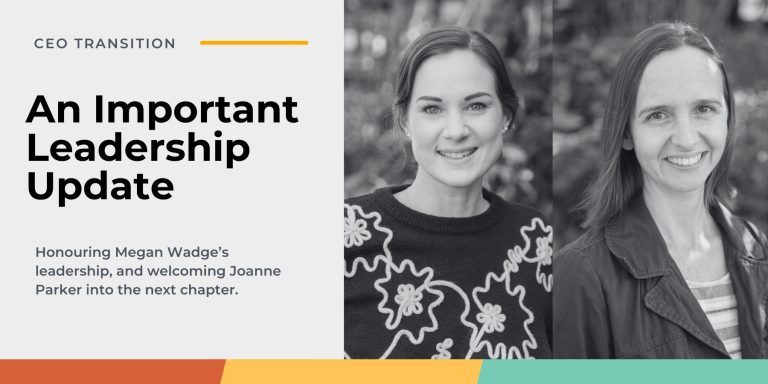

1 in 5 African women experience violence by their intimate partner
Designed by Lerato Mosehle
Can you see how the data is represented in the design? Art is a powerful way to tell stories and fashion is a great way to make a statement. We chose to tell a data story about gender based violence using men’s fashion to emphasise that GBV is not a women’s issue. A man wearing this print is making the statement that violence against women is not ok; that it’s not ok to hit your partner; it’s not ok to force your partner into sexual acts.
 1 GB data costs Africans more than anywhere else in the world
1 GB data costs Africans more than anywhere else in the world
Designed by Lerato Mosehle
In this digital age, we talk about inclusivity and access but in the least developed parts of the world where access to digital platforms could transform lives and livelihoods, data is very expensive. The cost of data in Sub-Saharan Africa costs anything between $41.06 and $0.61 according to Cable.co.uk. See the full dataset here.
Can you see how the data is represented in the design? The yellow bars are from a bar chart showing the average cost of 1GB of mobile data per country. At the highest point, 1 GB of mobile data costs people in St Helena $41.06 and at the lowest point, if you’re lucky to be in Ghana, it costs $0.61. The parallel bars are disconnected, not linked. The African continent appears in the negative space, excluded from the digital age. A woman wearing this print is bringing attention to the cost of exclusion. For more information about the cost of exclusion and the digital gender gap, see the Alliance for Affordable Internet.
This article explains that the median price of 1 GB of mobile data amounts to 3.3% of monthly income per person in Sub-Saharan Africa. This is higher than the maximum threshold of 2% set by the UN.
What is the dilemma?
So what do we do now that we have consumed the data? What about those thousands of women who experienced physical and sexual abuse by their husband or partner in the last 6 months? What digital future can people in Africa shape and build when the cost of data is so high? We have consumed their stories, felt their pain, and think something should be done to improve the situation. What is our responsibility in the process of researching and extracting data? How do we feedback to the subjects – the people whose data we consume?

In the last year, 19.4% of African women experienced physical / sexual violence by their intimate partner.
Beadwork by Ubuhle BoMama
We engaged a group of beadworkers in Rural KwaZulu Natal on the same topics. Ubuhle BoMama is a cooperative that creates beaded items for different functions. We got in touch with them to see if they could create dARTa using beads. They have created a collection of key-rings that talk to gender based violence and the costs of data, as well as waist beads/bracelets that talk to gender based violence. Data is often made available in English, to translate the data and its implications may require language that is vulgar or triggering in a different language. While we cannot change what triggers victims or survivors, we can begin to change how we talk about gender based violence. Have you ever wondered when we will start talking about perpetrators and not victims or survivors?
While avoid victimizing the women while discussing the statics, we’ve also had to walk the line of not being extractive. The cost of data in Africa also hits a nerve when it comes how the women of Ubuhle BoMama are able to access and navigate the digital world. Ubuhle BoMama has been operating completely offline until this year, part of our collaboration is to make sure that we communicate the value of dARTa is to help them make the digital transition and participate in the global economy to some degree.
1Gb of mobile data in sub-Saharan Africa costs more than the max threshold of 2%
Beadwork by Ubuhle BoMama
CALL TO ACTION: We don’t have all the answers when it comes to gender based violence or on the digital divide between the global south and global north. If you have an interesting idea, article leave us a comment, or send a comment / feedback for the beadworkers on Instagram, Twitter, LinkedIn or Facebook.
See these prints at our dARTa installation at the Ethical Dilemma Cafe at MozFest House in Amsterdam 20 – 21 June 2023. It is the product of the virtual brainstorming session that was held at the Mozilla Fest 2023. Read more about the ideas and thinking that inspired dARTa here.
We are so grateful to our team at OCL and our community who participated in and inspired this dARTa.




